As athletes, we’re wired to push forward—to train harder, perform better, and conquer every challenge in our path. It’s exhilarating, isn’t it? That drive fuels us, giving us purpose and a sense of accomplishment. But what happens when our bodies whisper—or sometimes scream—“NOPE. Not today.”? Injuries and fatigue are uninvited guests in every athlete’s journey but they force us to pause. I’ve been there many times, but through those moments, I’ve learned something powerful: setbacks are opportunities for an upgrade.
When I hit my late 30s, I noticed my body didn’t bounce back as quickly as it once did. At 37, I tore my meniscus and needed surgery to fix it. At 39, I was diagnosed with breast cancer since then have experienced a loooooong list of set backs from the treatment and surgeries. A tough workout or a minor injury now requires way more recovery time than I was used to. I’ve often felt defeated and frustrated – especially when I had chemo-induced neuropathy in my feet while recovering from a breast reconstruction surgery. But instead of letting these setbacks derail me, I learned how to reframe them.
Here’s what I’ve learned so far for reframing setbacks and turning them into opportunities:
1. Acknowledging the frustration
First, let’s get one thing clear: setbacks suck. It’s okay to feel frustrated, disappointed, or even angry when you can’t train the way you want. For me, acknowledging those emotions has been an important step. Ignoring them or pretending everything’s fine only prolongs the internal struggle. So, give yourself permission to feel whatever comes up. Then, decide to shift your perspective.
Instead of dwelling on what I can’t do, I’ve started asking myself: What can I do? Injuries and fatigue don’t mean I’m out of the game; they mean I need to approach the game differently.
2. Managing the FOMO during recovery
I’ve found that one of the hardest parts of recovering from an injury or illness is managing the fear of missing out (FOMO). Watching teammates, friends, or even social media feeds filled with people hitting their goals while you’re sidelined can feel isolating and demoralizing. I’ve been there—scrolling through photos of my friends at practice, watching live matches on Facebook, and being asked to play when I physically couldn’t. I felt like I was being left behind and eventually, was actually left out. But over time, I realized that comparing my journey to others’ was not only unhelpful but also unfair to myself. Focusing on what I was missing wasn’t helping my mental health. So, I began to focus on what I wasn’t missing out on: my attitude, my recovery, and my long-term vision for success.
Instead of letting FOMO spiral into negativity, I turned it into a reminder to practice gratitude and patience. I started celebrating the victories of others while reminding myself that my time would come again. Attending events or informal gatherings as a spectator and cheerleader (or team “mom”) helped me stay connected to my community. Even if I couldn’t participate fully it helped ease the sting of sitting out and gave me a sense of purpose to keep me involved.
I also leaned into the slower pace of recovery to work on other parts of my life, like learning new skills, enjoying hobbies, or spending more time with family and friends. Shifting my focus from what I was missing to what was still contributing to my quality of life made all the difference in managing the emotional toll of recovery.
3. Seeing setbacks as a wake-up call
Sometimes setbacks are the body’s way of saying, “Hey, I need a break!” Fatigue often signals overtraining, while injuries might point to imbalances or weaknesses that need attention. When I tore my meniscus a few years ago, it forced me to focus on strengthening my weaknesses. In order to prevent further injury, I needed to confront years of neglecting my mobility and stability in my lower body. I focused on ankle mobility and reducing tightness in my calves, hamstrings and quads. That injury was a turning point for me. It taught me to prioritize mobility exercises and improve my form while playing volleyball and during training.
If you’re sidelined, take it as an opportunity to evaluate your training habits. Are you giving your body adequate rest? Are you neglecting recovery practices like stretching, foam rolling, or sleep? Setbacks often reveal where we’ve been cutting corners—and they give us the chance to course-correct.
4. Embracing active recovery
One of the biggest lessons I’ve learned is that recovery doesn’t mean doing nothing. Even when I’ve been injured, sore from lifting, or exhausted after a tournament, there are ways to stay active while respecting my body’s limits. Active recovery can include light walking, yoga, swimming, or even focused mobility work. As I write this, I’m currently experiencing impingements in one shoulder and frozen shoulder in the other. I have shifted my attention to physical therapy in my shoulders while also focusing on lower-body strength and core stability. Staying engaged in some form of movement helped me maintain my athletic mindset and avoid the mental spiral of feeling like I was doing “nothing.”
Active recovery has also become my secret weapon for managing fatigue. Low-intensity movement promotes blood flow, reduces stiffness, and speeds up the recovery process. It’s a win-win: I get to move my body, and it helps me feel better faster.
5. Focusing on what you can control
When life throws us a curveball, it’s easy to focus on everything that feels out of our control. But here’s the thing: there’s always something you can control. During setbacks, I shift my focus to areas I can improve, even if they’re outside of physical performance.
Nutrition is a big one for me. When I’m recovering, I double down on nourishing my body with anti-inflammatory foods, high-quality protein, and plenty of hydration. I also avoid inflammatory foods as much as possible. Supporting recovery through nutrients and nourishment feels empowering—it’s something I can do, even when training is off the table.
Another area I focus on is mindset. Injuries and fatigue often stir up negative self-talk: “I’m falling behind” or “I’ll never get back to where I was.” Catching and reframing those thoughts is crucial. Instead of seeing a setback as a step back, I remind myself it’s a step in a different direction—one that’s just as valuable.
6. Learning new skills
Setbacks have a sneaky way of creating space for growth in unexpected areas. When I as recovering from my surgeries, I couldn’t lift heavy weights for weeks. It was frustrating, but it also gave me time to dive into something new: yoga and reformer Pilates. I started with gentle flows and discovered how much both of these forms of exercise improved my mobility, balance, and mental clarity. Now, yoga and Pilates are a regular part of my routine—something I never would have explored if I hadn’t been sidelined.
I found I had a lot of time on my hands when I wasn’t competing so I started learning German on Duolingo. Learning for a few minutes for the past 300 days has become a daily habit that I enjoy and keeps my mind sharp.
Think about skills, mental challenges or areas of fitness you’ve been curious about but haven’t had time to pursue. Whether it’s swimming, yoga, or even mastering meditation, setbacks can give you the opportunity to expand your athletic toolkit.
7. Building resilience
Every time we face a setback, we have a choice: let it defeat us or use it to build resilience. I won’t sugarcoat it—it’s not always easy to choose the latter. But every time I’ve come out of a setback stronger, it’s reinforced my belief that I can handle whatever comes my way.
Resilience isn’t just about bouncing back physically; it’s about cultivating mental toughness as you heal. During a particularly challenging recovery period, I started journaling about my experiences. Writing helped me process my emotions and track my progress. Looking back on those entries now, I’m reminded of how far I’ve come and how much I’ve grown through adversity.
8. Celebrating the wins
Recovery is rarely linear and your body may not do what you want it to. I learned that there are good days and bad days, and sometimes progress can feel painstakingly slow. That’s why it’s so important to celebrate the small wins along the way. When I’ve been injured, I’ve celebrated milestones like walking pain-free, regaining range of motion, or completing my first modified workout. Each victory, no matter how small, is a reminder that I’m moving forward.
Taking time to acknowledge progress—even if it’s incremental—keeps me motivated. It’s easy to focus on the big picture, but sometimes the journey is about appreciating each step.
One of the most surprising lessons I’ve learned is how powerful it can be to share my setbacks with others. As athletes, we often feel pressure to appear strong and invincible, but there’s so much strength in vulnerability. Sharing my experiences with teammates, friends, or even on my Instagram has not only helped me process my challenges but has also inspired others facing similar struggles.
Setbacks remind us that we’re human, and that’s a good thing. By embracing our humanity, we create deeper connections and foster a sense of community—and that’s worth more than any trophy.
9. Moving forward, stronger than before
Setbacks are inevitable, but they don’t have to be the end of the story. Each time I’ve faced an injury or period of fatigue, I’ve emerged with a deeper understanding of my body, a renewed appreciation for movement, and a stronger sense of resilience.
If you’re navigating a setback right now, know that it’s temporary. Use this time to rest, reflect, and grow. Listen to your body, nourish it, and trust the process. I like to think of it as being temporarily down for maintenance and when I’m back I’ll be an upgraded version of myself. Before you know it, you’ll be back—stronger, smarter, and more prepared than ever to tackle whatever comes your way.
Reframing setbacks as opportunities isn’t always easy, but it’s a mindset that can transform your athletic journey—and your life. As we get older, injuries and illness inevitably going to set us back, but they don’t have to define us. Instead, they can be stepping stones to greater resilience, wisdom, and strength.
As I sit here today, reflecting on my own experiences, I feel grateful for the lessons these challenges have taught me. They’ve shown me that growth doesn’t happen in spite of setbacks; it happens because of them. And that’s a perspective worth holding onto, no matter where you are in your athletic journey.
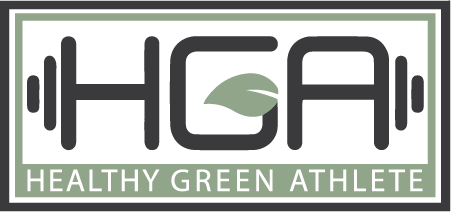
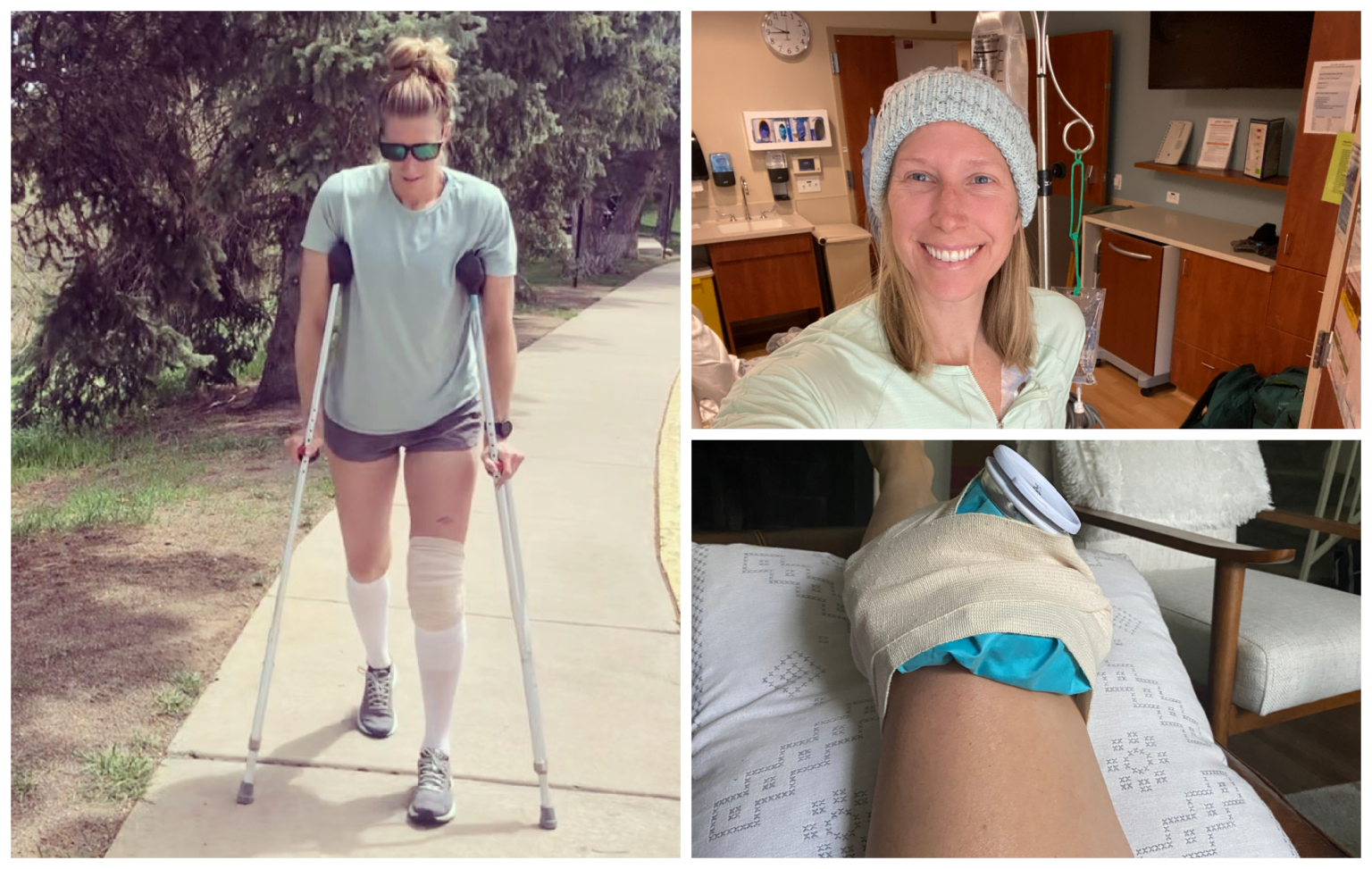
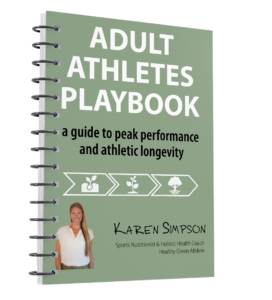

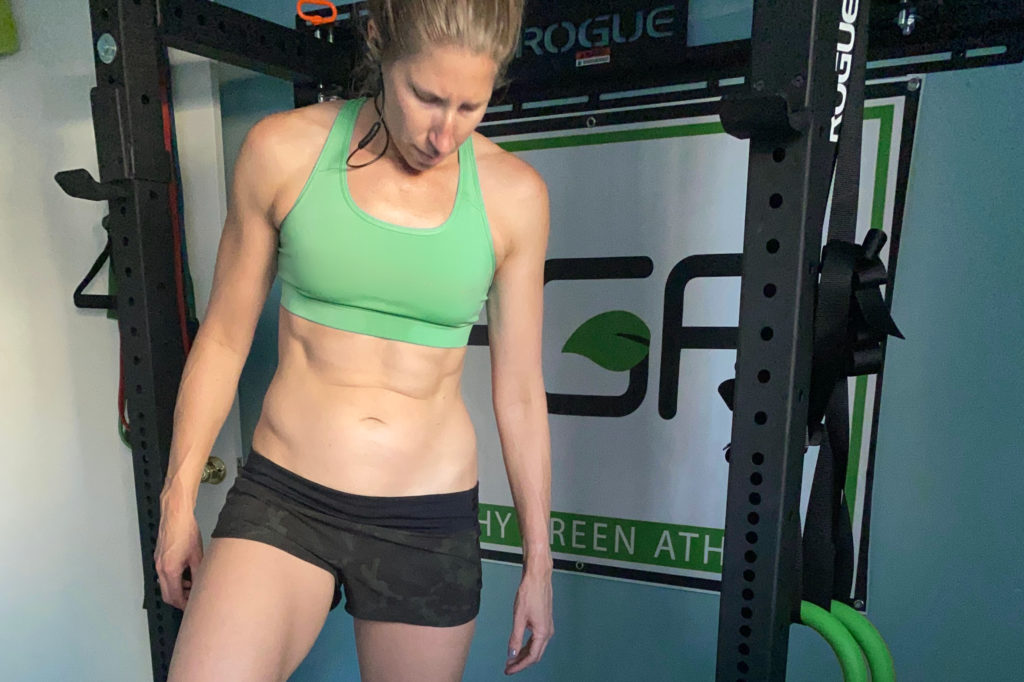

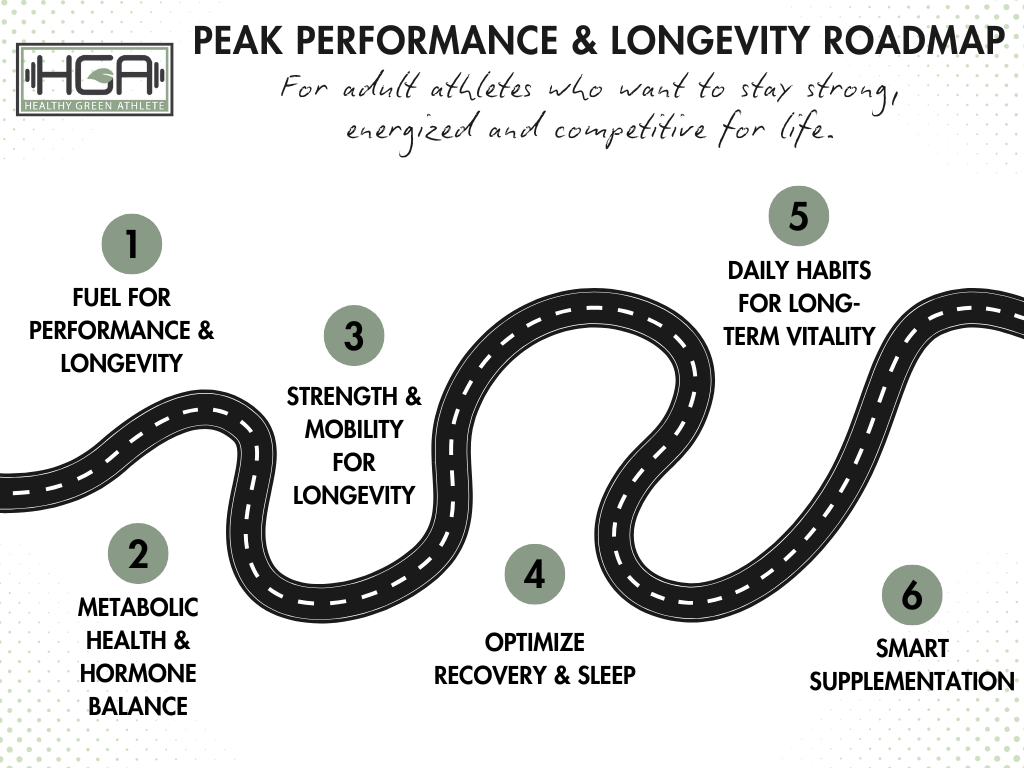
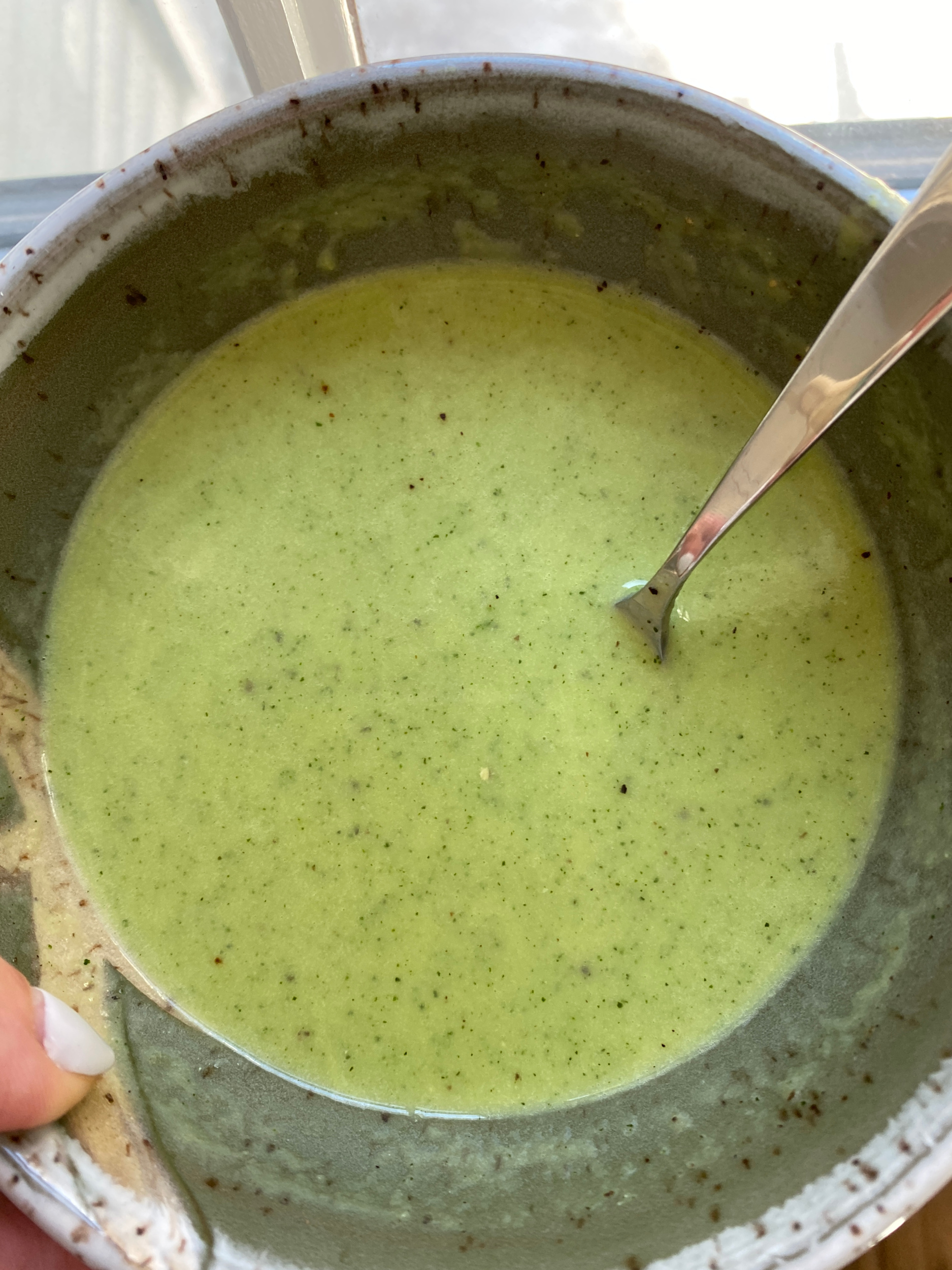


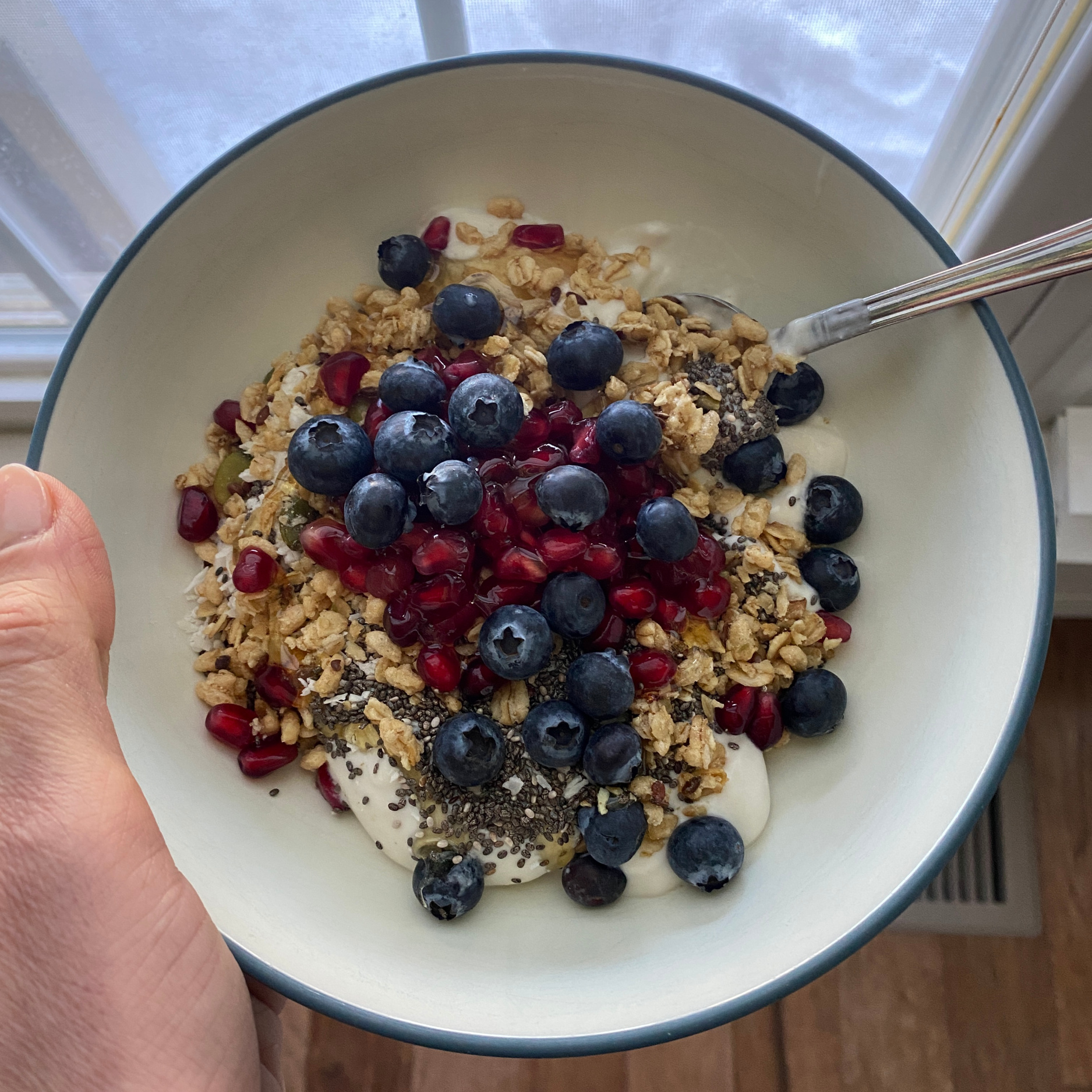


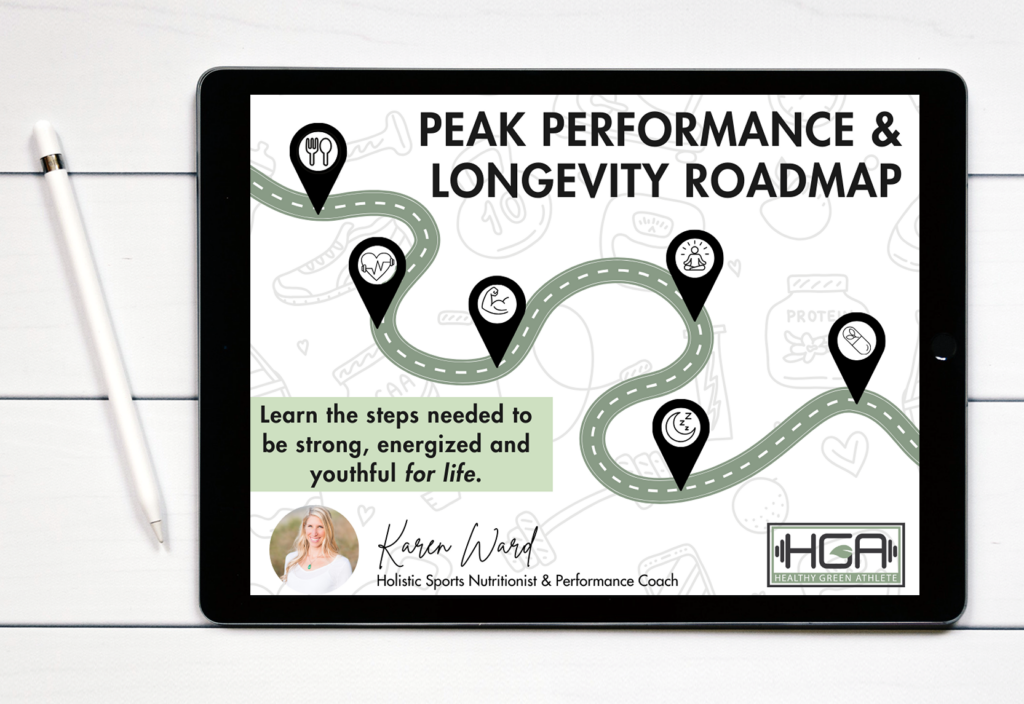
One Comment
Pingback: